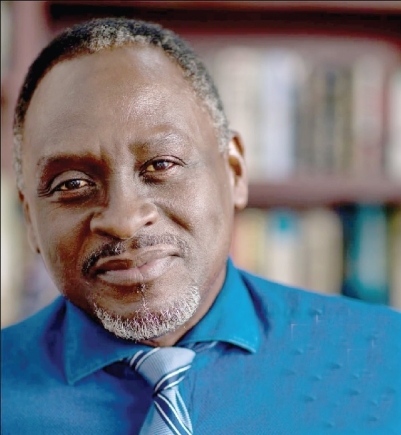
Fixing the energy sector (2)
When the politicians act, they then do it in an emergency mode, often putting the country in a tight corner. But we should be hopeful.
The power sector reforms are paying off and the position of ECG in the market is the one main reform waiting to be accomplished.
Once that is done and this country starts "going places", investors will show interest. I cannot end this piece without commenting on the Petroleum Connection to all of this.
Understandably, Ghanaians expect the discovery and production of oil and gas to translate into a better electricity supply.
Advertisement
Oil or gas
After all, oil and gas are the fuel for thermal power plants; oil and gas are required primarily to serve as energy sources for power plants.
If there is no energy to convert into electricity, power plants will sit idle. Producing from our own hydrocarbon resources brings many benefits.
Beyond the revenues that we get from selling our crude, we have gas that is also being utilised to generate electricity.
Without our own gas, we would have about a couple hundred megawatts of plant power lying idle today, since those plants are unable to operate on anything else.
We have depended on Nigeria to supply us with gas for these plants and the cry has been that Nigeria is failing us.
In truth, Nigeria is not really failing us. If we cannot pay for gas supplies, why should they continue to supply us?
ECG
The same thing will happen with our own gas. If we consume it and do not pay for it, it will also fail us.
This is another reason for restructuring ECG and the other power sector entities to make sure that they can live up to their responsibilities to collect the tariffs and also pay the power generators so that the cycle is strengthened.
ECG has to be made strong. An important component of it is the fuel component. As I've indicated right from the start, we also got into much of this mess because we did not have the fuel.
The West African Gas Pipeline Project was conceived as one of the projects that would provide the fuel from the sub-region to fuel our development. It did not happen as planned.
The project though is still a good one.
We have the infrastructure in place and we can make good use of it maybe in the next 5 to 10 years.
By having our own oil and gas, especially our own gas, we have that component that can support the hydro plants to make sure we have reliable electricity.
And of course, once you include a strong ECG collecting the money and paying back, you then have a sustainable sector that will then fuel the nation's development.
At the end of the day, this is what it is all about. It is all about development.
It is all about feeding your industries, making sure that residential customers are properly served and making sure that commercial activities continue undisturbed.
If the government interferes with ECG, then it means that we are back to the same old problem.
That has always been the challenge. As a nation, we should all take the blame because during the years that we were subsidising electricity, the value was coming to us and everybody was happy because we were paying lower than the actual price whilst the utility companies were suffering.
In conclusion
As Theo Sackey put it, "The ABC of the sector must take hold. Everything we do has to be based on A- analysis.
We need to figure out what the situation is through well-grounded analyses and seek efficient solutions. And then we need to be B - bold; that is the B part of it.
Our energy infrastructure has been put in place by bold decisions. Akosombo was a bold decision, West African Gas Pipeline was a bold decision, getting ECG to be where it is was a bold decision because it is something that was vigorously and is still being vigorously fought against.
Finally, we need the C part – Consistency and Clarity".
We need to stay the course and we need to also be aware that we are just not doing this for doing sake, we are doing this for the future; we are doing this to make sure that the sector is sustainable.

